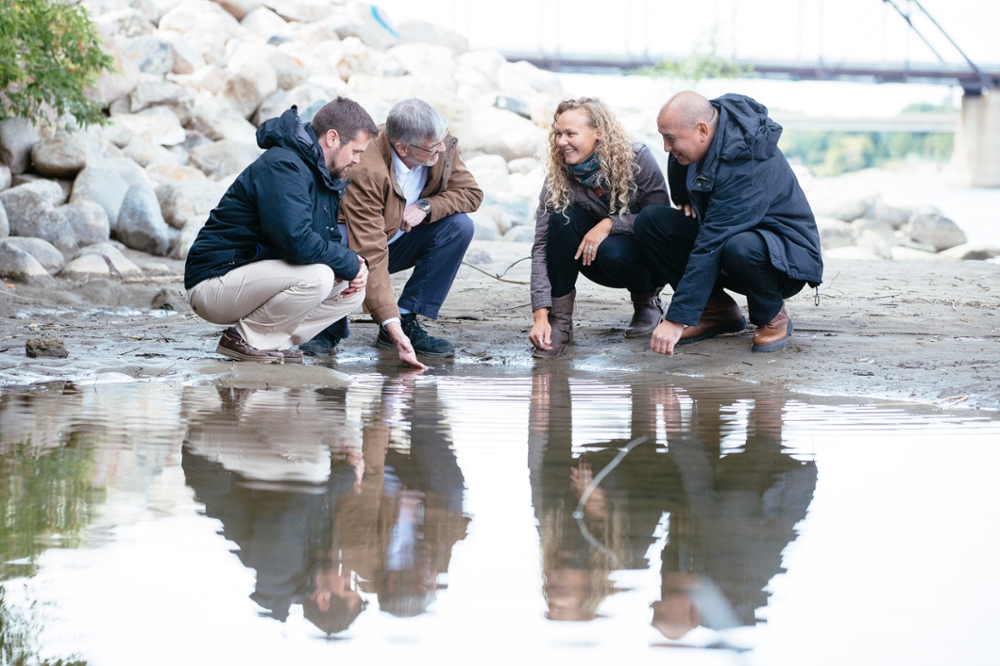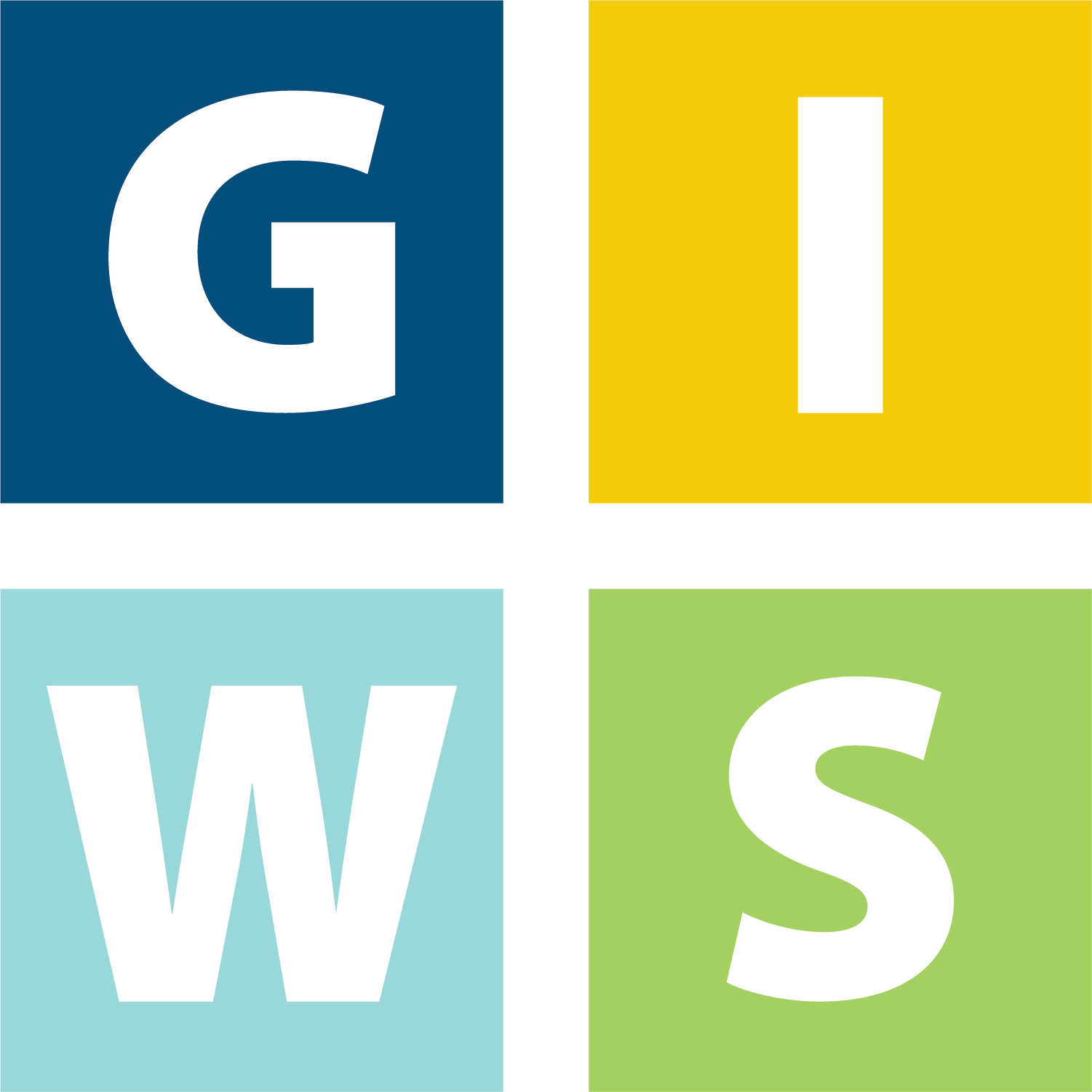
GIWS Progress Report now available
The annual GIWS Progress Report outlines the collective progress of the institute and our members.
The annual GIWS Progress Report outlines the collective progress of the institute and our members.
Click here to download. To request a print copy, contact us at water.security@usask.ca
Highlights of the 2014-2015 report include:
-
We have developed new, internationally recognized research facilities, have taken on important national and international science leadership roles, attracted substantial additional research funding, and are beginning to deliver the exciting science that was foreseen at the programme outset. Recent highlights include three ground-breaking papers in the journal Nature, election of GIWS Associate Director McDonnell to the Fellowship of the Royal Society of Canada, establishment of the MOST (Mine Overlay Site Testing) facility, and leadership of two World Climate Research Programme (WCRP) initiatives (the Changing Cold Regions Network Regional Hydroclimate Project, including the Saskatchewan River Basin (SaskRB; 406,000 km2) and Mackenzie River Basin (MRB; 1.8 million km2), and the International Network for Alpine Research Catchment Hydrology - INARCH). INARCH also forms part of UNESCO’s International Hydrological Programme. These programmes address critical societal needs and support the development of the new trans-disciplinary science. These are designed to address WCRP priorities related to large-scale science, as well as the needs and concerns of local and regional stakeholders.
- GIWS was involved in the development of two new graduate programs:
- The NSERC Collaborative Research and Training Experience (CREATE) Program in Water Security, which commenced in September 2015, trains Masters and PhD students to integrate science, engineering, and policy as they address current and future challenges in complex water systems.
-
Beginning in 2016, the School of Environment and Sustainability and GIWS will offer an innovative one-year professional Master of Water Security graduate program that provides intensive cross-training to build disciplinary and interdisciplinary expertise for research and practice.
-
During 2014-15, GIWS has financially supported 51 graduate students (24 PhD and 27 Masters), 32 postdoctoral fellows, 38 research assistants, 10 research associates and scientists, 10 undergraduate and graduate student assistants and 26 visiting scholars. In addition, its members have supported a further 169 graduate students (65 PhD and 104 Masters), 26 postdoctoral fellows, 18 research associates and scientists, 38 Research Assistants, Research Engineers and Summer Students, and 18 visiting scholars.
-
In 2014-15, GIWS members published 209 journal articles, published and presented 216 papers in proceedings and at conferences, delivered 60 plenary, key note and invited lectures, and published 10 book chapters and books. Since 2011, GIWS members have published a total of 715 journal articles and 43 books/book chapters, participated in 554 conference proceedings and presentations and delivered more than 261 invited, key-note and plenary lectures to share research outcomes and enlighten our stakeholders and scientific community.
